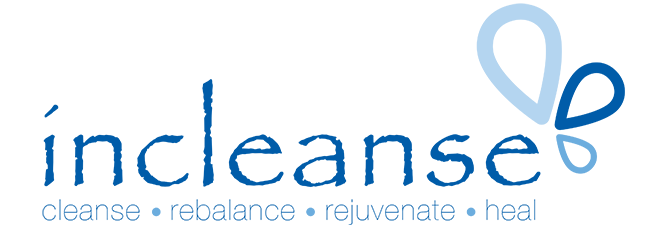If your looking at improving your running, its really important to look after your digestive system
So its the day of the race and your running fine then you hit the 3 or 4 th mile and you start to get rumbles in the tummy, discomfort or even pain and a need to run for the loo. It happens to the best of them. If you remember Paula Raadcliffe in 2005 when she was caught short. It is said that runners suffer more with gastrointestinal problems that other athletes such as swimmers with lewss mechanical distress. One study showed that 45% of runners reported suffering from sypmtoms such as bloating, cramping, reflux, diarrhoea.
Oxygenated blood is reduced in the gut when we run and is diverted to the skin and muscles. This inadequate supply of oxygen can cause pain and significant gut related problems. This causes increased gut permeability where it evokes an inflammatory response. This will then manifests itself as classic GI symptoms such as nausea, cramping,tummy ache and urgency. This can ruin the run, but they are plenty of strategies that can help.
![Marathon runners. [url=https://www.istockphoto.com/search/lightbox/9786738][img]https://dl.dropbox.com/u/40117171/group.jpg[/img][/url] [url=https://www.istockphoto.com/search/lightbox/9786766][img]https://dl.dropbox.com/u/40117171/sport.jpg[/img][/url]](https://www.incleanse.co.uk/wp-content/uploads/2016/10/runners-incleanse-300x200.jpg)
So looking after your gut may also have an overall health and well being improvement, as this influences your immune system, neural function , mental health and even your weight. The gut can be known as the “second brain” and is composed of trillions of microbes with more than 1,000 different species and these microbes can be as individual as a finger print.
There is evidence to show that exercise improved the composition of microbes in the gut and can in face strengthen immunity, prevent leaky gut, in which microbes and toxins cross between the gut and the blood.
Eating and running and thinking about what you eat a few days before the run and have a great impact to your experience. Advice is shown to help if you reduce fibre for 48 hours prior to the race such as (vegetables,pulses, nuts, and beans) Advise would be sticking to easily digestive foods such as rice, potatoes, (with skins , porridge oats. This will reduce the amount of fibrous bulk. Although these will help there are other foods that may cause a reaction close to physical exercise Diary has protein which can clot inb the stomach. It needs to be reminded that each individual is different and will react differently to different foods. Some athletes report improvement if they Avoid gluten.
Timing is key and and it may be beneficial to avoid food for 4 hours before a race and stick to low fat low fibre foods. for training sessions leave for an hour. If you run in a morning there is no need to worry about not having food , of you eat a good meal the night beofre then you will have enough energy to train.
Hydration is key and can reduce these symptoms but beware what you are drinking. Are you drinking fructose high drinks ? these can cause diarrhoea as it draws water to the gut. One much needed supplement would be a probiotic as these have an improvement on gut health. and protect the intestinal barrier in those suffering with gastrointestinal problems. The amount of microbes can be reduced by lifestyle, foreign travel, anti-biotics, alcohol, poor diet, medication, stress ans illness.
Team GB are known to take pro biotics due to the growing backing of the beneficial effect on the athletes health.

.






